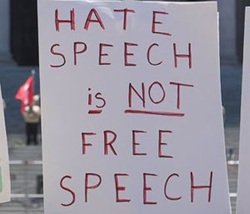
The court said that free speech, including free speech about political issues, and freedom of religion are protected rights -- but subject to the limitation that it not be hate speech.
How do you tell if speech is hate speech? The court said that the test is an objective one: Would a reasonable person, aware of the relevant context and circumstances, find the speech to expose or likely to expose people to detestation and vilification. Speech which merely ridicules someone is not hate speech. Speech in private is not hate speech; and speech directed personally at an individual is not hate speech.
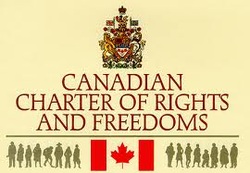
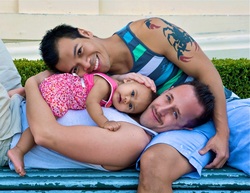
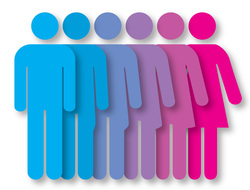

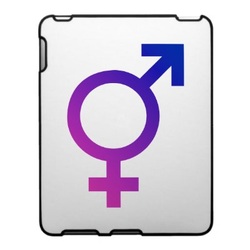
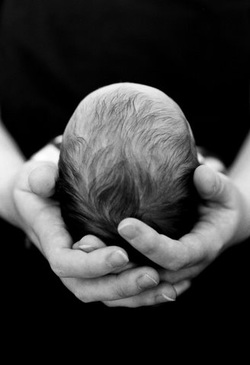
 RSS Feed
RSS Feed
